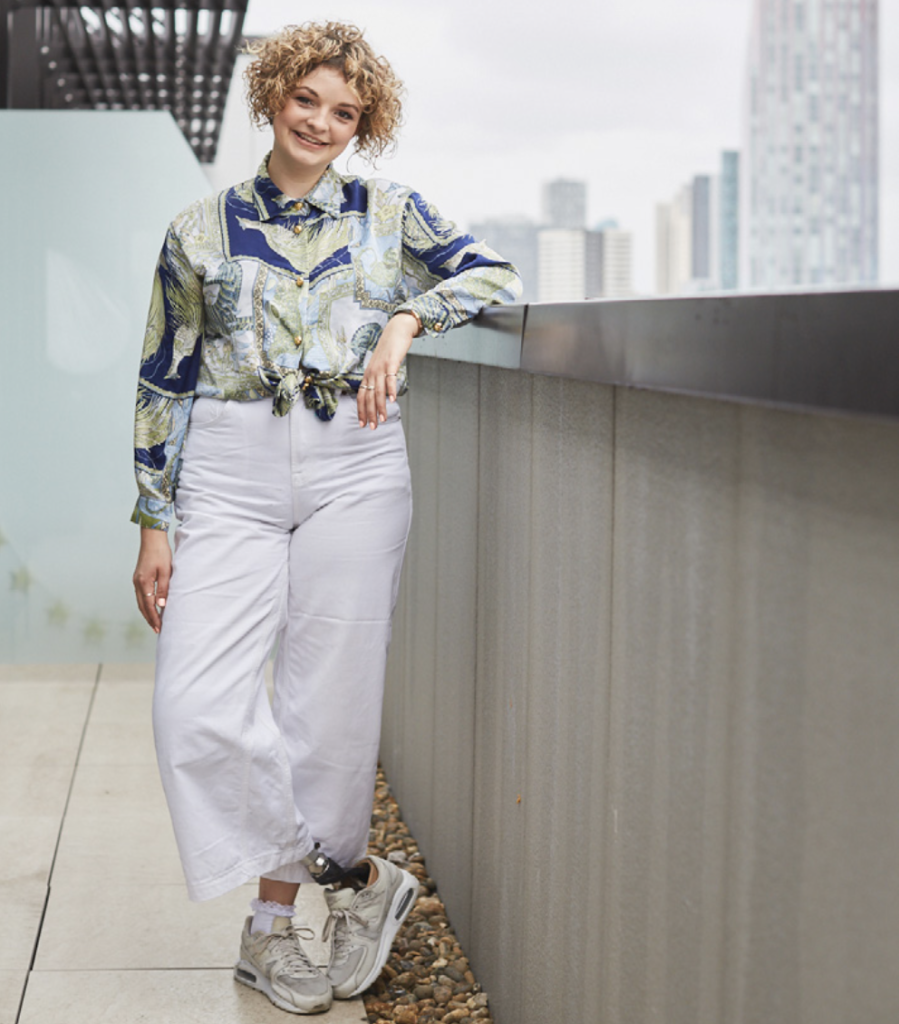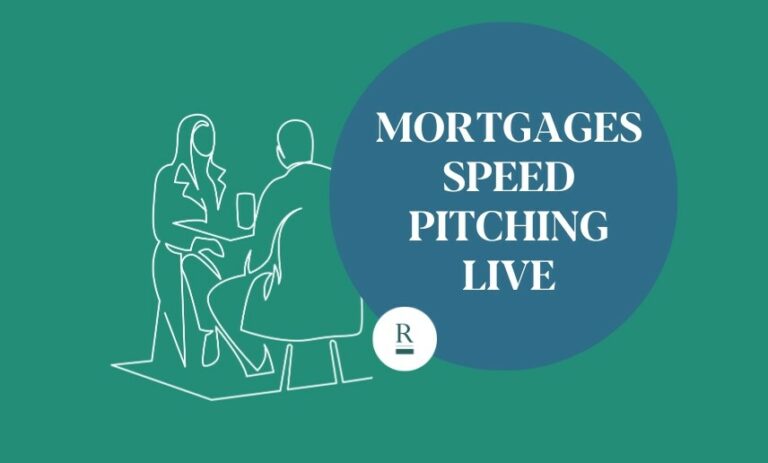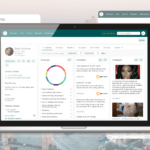On this international women's day, we want to celebrate women who are driving forth the necessary and overdue changes towards inclusion, diversity and equal opportunity in the PR and Journalism world.
We spoke with Ella Dove, Commissioning Editor, Hearst publications about her efforts to discuss disability more openly and honestly across the UK’s print media. While Ella was always aware of the wider conversations concerning diversity and inclusion, it was only a jogging accident in May 2016 and the ensuing amputation of her leg that brought the issues home to her.
“I started looking at the world in a completely different light, particularly when it came to how wheelchair users navigate it.” The main thing she learnt was to adapt as she discovered how to navigate the world again. “Adapting is something disabled people are very good at and better than non-disabled people; you have to adapt to the challenges in front of you, you don’t really have a choice.”
"Don’t be afraid of confronting issues for fear of offending."
– Ella Dove, Commissioning Editor, Hearst Publications
Her changed circumstances made her realise that people and the media were afraid to confront issues concerning disability for fear of saying the wrong thing or offending.
She believes this is the worst thing an able-bodied person can do. “You’re shunning the community and you’re not allowing them that space and platform because of fear.”
Attitudes are changing in the UK. Hearst Magazines now have various groups for employees that celebrate diversity, from the LGBTQ+ community to a Jewish group.
Red, Cosmopolitan, Good Housekeeping and Boots Magazine are all publications that Ella thinks are succeeding in bringing diversity into the mainstream. If a publication is consistently including features on diversity and inclusion, it will become part of its DNA.
One of the issues is finding good disabled writers. Primarily they need to be a brilliant writer, with the disability an afterthought. Honesty is important, too. Ella commissioned a piece from influencer Hannah Witton who has a stoma and a colostomy bag and told her to “be as honest as you can”, to the extent that Hannah wrote about the issues of having sex while wearing her bag. “That’s what I mean about being courageous; it’s not shying away from telling the truth of what it’s like to be disabled.”
The media has been slower to come to terms with reporting on hidden disability, largely thanks to its nature – hidden.

Photo by Victoria Adamson
Diversity, Equity and Inclusion
Diversity, Equity and Inclusion (DEI) is the practice of ensuring working environments are fully inclusive for every employee, allowing them to feel safe irrespective of their background, their needs or their differences.
Download our free guide to read on and learn about what you can do, and how to change things.














